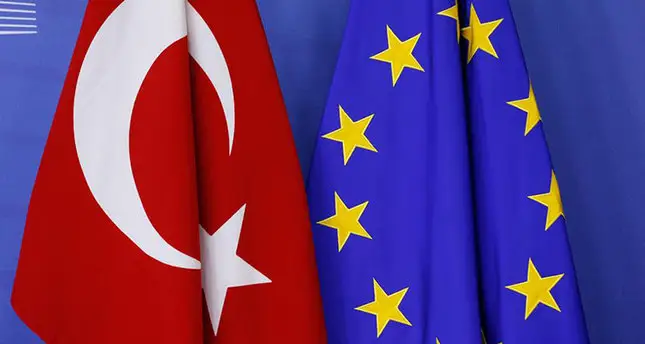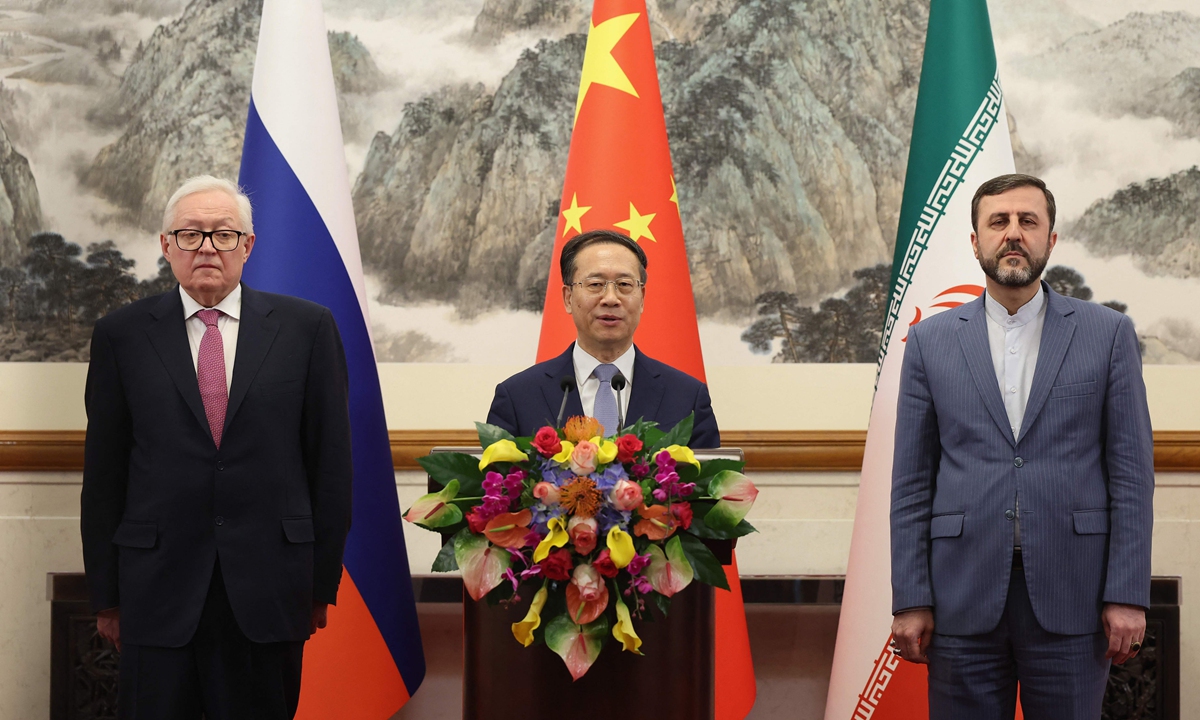The dynamic between Turkey and the European Union (EU) reflects a nuanced blend of cooperation and contention. As a candidate for EU membership since 1987, Turkey has engaged in a protracted accession process, formally commencing negotiations in 2005. However, progress has been sluggish, with only a few chapters of EU legislation successfully concluded as of my last knowledge update in September 2021. Political complexities have been at the forefront of these challenges, as concerns persist regarding the erosion of democratic institutions, human rights abuses, and the rule of law in Turkey, periodically leading to the suspension of specific accession negotiations.
The longstanding Cyprus issue, characterized by Turkey’s non-recognition of the Republic of Cyprus and the unresolved conflict in Northern Cyprus, further complicates the path to EU membership. Nevertheless, economic ties remain robust, with Turkey relying heavily on the EU as its foremost trading partner. Moreover, in response to the 2015-2016 refugee crisis, the EU and Turkey have engaged in cooperative efforts to manage migratory flows, notably through the EU-Turkey Migration Deal. The future of this relationship hinges on the resolution of political disputes, the upholding of democratic principles, and finding common ground on various regional and international challenges, underscoring its significance for both parties in the ever-evolving landscape of European politics.
It’s important to note that the dynamics of international relations can change over time, and political situations can evolve. As of the last update, Turkey had not officially abandoned its EU aspirations, but the challenges were substantial. The future of Turkey’s relationship with the EU depends on various factors, including political developments in Turkey, the stance of EU member states, and progress on issues such as democracy, human rights, and the Cyprus dispute. For the most up-to-date information on this matter, it’s advisable to consult recent news sources and official statements from Turkey and the EU.



